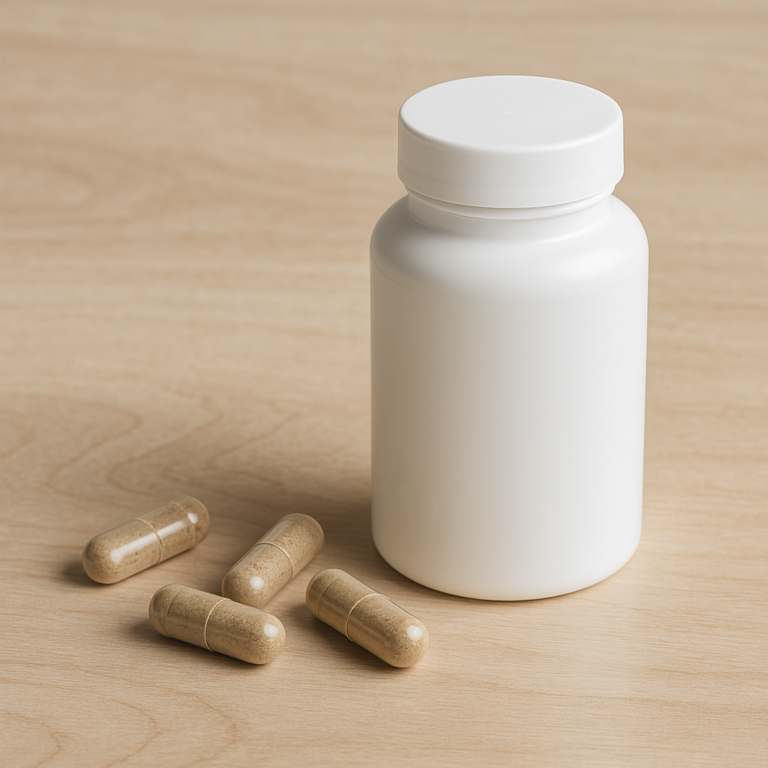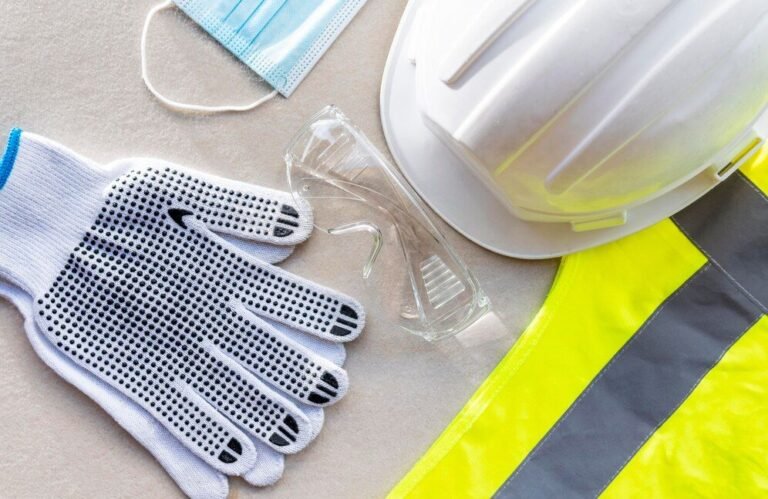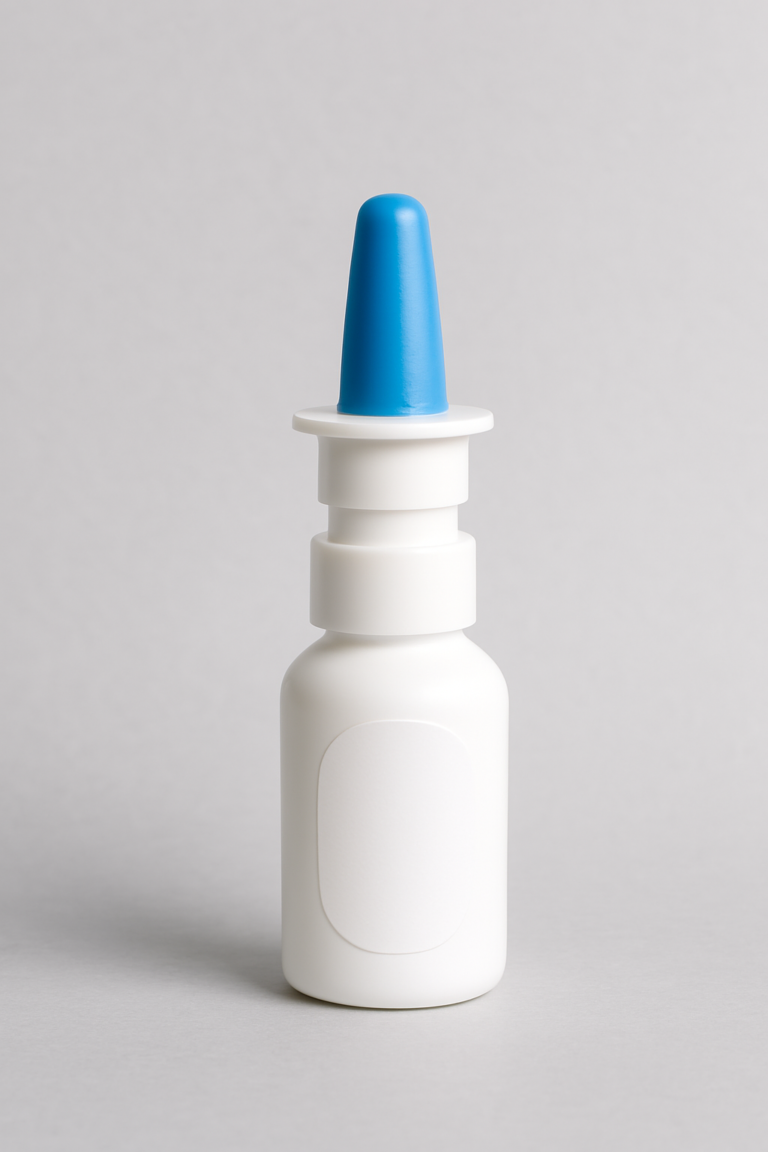Choosing a Drug Rehab Center for Teens: A Parent’s Guide
As a parent, watching your teenager struggle with drug or alcohol addiction can be heartbreaking and overwhelming. You might be asking yourself: What’s the best way to help my child? Where do I even start? The good news is help is available. Choosing the right Drug Rehab Center can be the turning point toward recovery and a brighter future for your teen.
In this guide, we’ll walk you through everything you need to know about selecting the best rehab center tailored to teens’ unique needs. From understanding treatment options to knowing what to look for in a program, this article offers a clear path forward.
Understanding Teen Addiction and Why Specialized Treatment Matters
The Unique Challenges of Teen Addiction
Teens face pressures from school, peers, and social media. Many turn to drugs or alcohol as a coping mechanism. Their developing brains make them more vulnerable to addiction and less equipped to handle the long-term consequences.
That’s why a Drug Rehab Center for teens must address more than just substance use—it must focus on emotional, mental, and social development.
Adult vs. Teen Rehab Programs
A program designed for adults may not be appropriate for teens. Teen-focused rehab centers offer:
Common Substances Teens Struggle With
Teens may use substances for many reasons—peer pressure, stress, trauma, or even boredom. Some of the most common substances in adolescent addiction include:
Knowing what your teen is using can help determine the right type of rehabilitation center for youth.
Key Factors to Consider When Choosing a Teen Rehab Center
Should You Choose Local or Out-of-State?
There are pros and cons to both local teen treatment centers and those farther from home. Local facilities allow easier family involvement and visitation. However, sending your teen out-of-state may remove them from toxic environments or peer influences.
Tip: Prioritize treatment quality and specialty over location if you can. A few weeks away may lead to a lifetime of healing.
Accreditation and Licensing
Always verify that a rehab facility is:
This ensures that the center follows ethical standards and provides effective treatment.
Types of Teen Drug Rehab Programs
1. Inpatient or Residential Programs
Inpatient treatment provides 24/7 care in a structured environment. It’s ideal for teens with:
These programs typically last from 30 to 90 days.
2. Outpatient Programs
Outpatient treatment allows teens to live at home while attending therapy sessions multiple times per week. It’s best for:
3. Intensive Outpatient Programs (IOPs)
IOPs offer more hours of therapy than standard outpatient programs but still allow the teen to stay at home. It’s a balanced option for many families.
Treatment Approach and Philosophy
Every center has its own approach. Some common evidence-based treatments for teen addiction include:
Ask how the center integrates therapy, education, and recreation. A balanced approach helps teens stay engaged and builds long-term success.
Questions to Ask Before Making a Decision
To help you narrow down the best rehab center for your teen, here are some important questions to ask:
The more transparent and thorough a facility is in answering these questions, the more confidence you can have in their services.
The Role of Family in Teen Recovery
Why Parental Involvement Is Essential
Teen rehab works best when the whole family is involved. This is not just your teen’s journey—it’s yours, too. Many centers offer family therapy sessions and parent education programs. These help you:
Post-Treatment Support: Continuing the Journey at Home
Recovery doesn’t end after your teen leaves rehab. A solid aftercare plan should include:
Consistency, patience, and love go a long way in supporting long-term recovery.
Red Flags to Watch Out For in Teen Rehab Centers
Not all treatment centers are created equal. Be cautious of:
Do your research, check testimonials, and don’t be afraid to walk away from a program that doesn’t feel right.
Cost and Insurance Coverage
How Much Does Teen Rehab Cost?
The cost can vary widely depending on location, length of stay, and type of program:
Some teen addiction recovery centers accept insurance, Medicaid, or offer sliding scale payment options. Contact your insurance provider to find out what’s covered. Many rehab centers will also verify your benefits for free.
Final Thoughts
As a parent, watching your child struggle with addiction is one of the hardest things you’ll ever face. But help is out there—and healing is possible. By doing your research and choosing the right teen rehab center, you’re giving your child the best chance at recovery and a brighter future. Take your time, ask questions, and trust your instincts. Your strength, love, and willingness to act can make all the difference.







